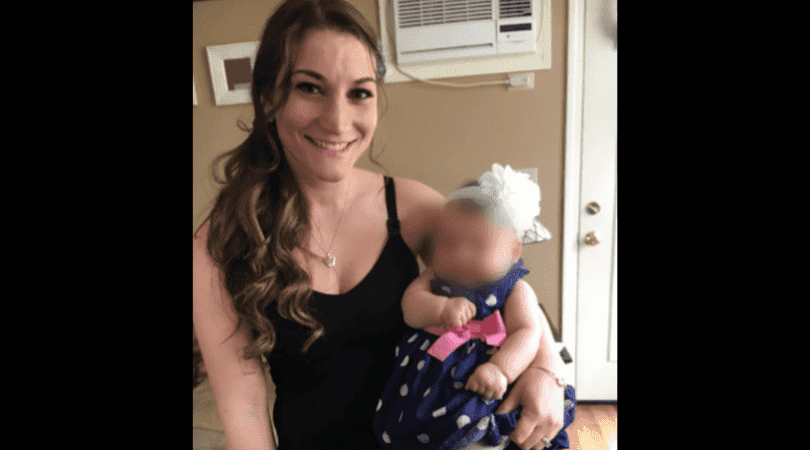Lindsay Clancy: Massachusetts lawmaker James O'Day wants postpartum illness to be a factor in criminal sentencing

If you or someone you know is considering suicide, please contact the National Suicide Hotline at 1-800-273-TALK (8255). If you or someone you know may be the victim of child abuse, please contact the Childhelp National Child Abuse Hotline at 1-800-4-A-Child (1-800-422-4453) or contact their live child services.
WORCESTER, MASSACHUSETTS: State Representative James O’Day, who represents the 14th Worcester District, wants to make postpartum illness a factor in criminal sentencing in Massachusetts. This comes after the attorney of Lindsay Clancy, the 32-year-old Massachusetts mother-of-three who tried to kill herself after strangling her children to death, said the mother was prescribed a total of 12 different medications in the four months before the killings, and claimed that an overmedication of prescription psychiatric drugs led to homicidal and suicidal tendencies.
Illinois was the first state to implement such a law on June 1, 2018. As per Social Justice News Nexus, "Illinois’s law, Public Act 100-0574, allows postpartum illnesses like depression and psychosis to be mitigating factors in sentencing. That means mothers who are serving sentences for child neglect or infanticide may apply for a new sentencing hearing if they are serving more than the minimum sentence. Mothers who can prove they suffered from postpartum mental illness when they committed these crimes can reduce their sentencing."
RELATED ARTICLES
Public Act 100-0574
Illinois General Assembly states under Section 5, "Evidence of post-partum depression or post-partum psychosis as suffered by the person is material and noncumulative to other evidence offered at the time of trial or sentencing and it is of such a conclusive character that it would likely change the sentence imposed by the original court."
What is post-partum depression?
As per Illinois General Assembly, "Post-partum depression means a mood disorder which strikes many women during and after pregnancy which usually occurs during pregnancy and up to 12 months after delivery. This depression can include anxiety disorders." On the other hand, post-partum psychosis means "an extreme form of post-partum depression which can occur during pregnancy and up to 12 months after delivery. This can include losing touch with reality, distorted thinking, delusions, auditory and visual hallucinations, paranoia, hyperactivity and rapid speech, or mania."
'Treatment is better than punishment'
Talking about bringing change, O’Day said, "It’s uncomfortable. Let’s face it, but I think when you’re talking about uncomfortable circumstances, that’s when change occurs. This could be a mental illness rather than a criminal act so then we wouldn’t immediately go to a first-degree murder charge," reported NECN. O’Day further added, "The problem is we don’t speak enough about it. We don’t talk enough about it. And at the end of the day, treatment is better than punishment."
The case of Lindsay Clancy
Clancy, a labor and delivery nurse at Massachusetts General Hospital, has been charged with two counts of first-degree murder, three counts of strangulation and suffocation, and three counts of assault with a deadly weapon following the disturbing incident, as previously reported.











